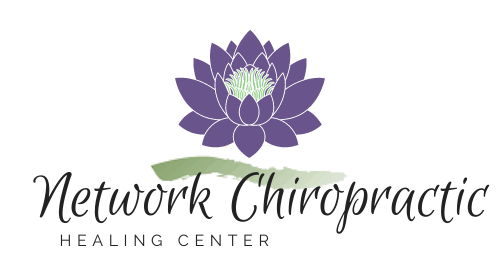05 Jun The XX Brain: Empowering Women with Better Brain Health
This one is for the gals or the gals you love. Through most of history women’s health and especially Women’s brain health have received short shrift.
For women, our brain health, is powerfully impacted by our hormones (Estrogen, Progesterone, Cortisol, Thyroid Hormone and others), which are impacted by not only our age or life stage but our overall health.
Dementia and Alzheimer’s used to be considered just genetic or a luck of the draw, but today we know that although there may be a genetic predisposition, our metabolic health (how or body regulates blood sugar) and level of systemic inflammation and stress are of primary importance.
Dr. Lisa Mosconi, PhD, a neuroscientist and a “neuronutritionist” that has studied women’s brains using before and after brain scans to track the effects of lifestyle interventions has written about brain health in general in her book “Brain Food: the Surprising Science of Eating for Cognitive Power”. In her latest book “The XX Brain” she zeros in on the female brain.
For women here are the areas that make the biggest difference:
1. Hormone status: If you are post-menopausal bio-identical hormone replacement may be helpful depending on number of factors and risk factors. It is too complex to go into here, but there is an excellent decision flow chart in the book to help you decide if this may be right and safe for you.
2. Food: The brain is the organ that is most vulnerable to a poor diet. Our brain uses 20% of the body’s metabolic energy and eating food that is processed or not nutrient dense not only deprives the brain of what it needs, but exposes it to damaging chemicals and substances. Fiber, complex carbs, protein, healthy fats, phytonutrients (nutrients in plants other than vitamins and minerals), phytoestrogens (substances in plants that stimulate the body’s estrogen receptors) are all part of the picture.
3. Microbiome: Feeding and protecting the “good critters” in your gut with plant fiber (vegetables) has a direct and powerful effect on your brain!
4. Supplements: B vitamins, antioxidants like vitamins C and E (all of which will be in a good Multi) and Omega 3s (2,000 mg per day is ideal) are especially important.
5. Adequate Sleep: Melatonin is a powerful antioxidant in addition to helping to regulate our sleep cycle. See the Sleep hygiene handout and other resources on our website if you need help with sleep: https://networkhealingcenter.com/sleep-support-for-insomnia-or-difficulty-falling-asleep/
6. Movement: Our bodies are made to move, there is no way for any part of us, especially our brains to be healthy without it. Some increase in heart rate is necessary to get an increase in circulation to the brain, and the release of hormones and neurotransmitters all contribute to a longer healthier brain life. Lack of exercise is now ranked as one of the top risk factors for Alzheimer’s, even above Diabetes and obesity.
7. Stress Reduction: Calming down an overactive Sympathetic Nervous System (the fight or flight response) and bringing up the activity of the Parasympathetic Nervous System (together known as the Autonomic Nervous System) makes a difference to the health and function of every part of our body and brain and can reduce the risk of 90% of chronic diseases.
Stress Reduction and rebalancing the Autonomic Nervous System is our specialty and many older folks who have been receiving care for years in our Wellness Program find their moods, clarity of thought and memory to be improved.
Humans and Whales are the only two species where there is a protracted life span past child bearing years for females. Dr. Mosconi’s book is filled with practical and empowering information to help women to have a vibrant brain and body throughout that life span. After all, the better care we take of ourselves, the more powerful, positive impact we can have on the world!
References:
Dr. Mosconi’s 2 books: https://www.lisamosconi.com/brainfood
https://www.lisamosconi.com/xxbrain
TED TALK: https://www.ted.com/talks/lisa_mosconi_how_menopause_affects_the_brain?language=en


Sorry, the comment form is closed at this time.